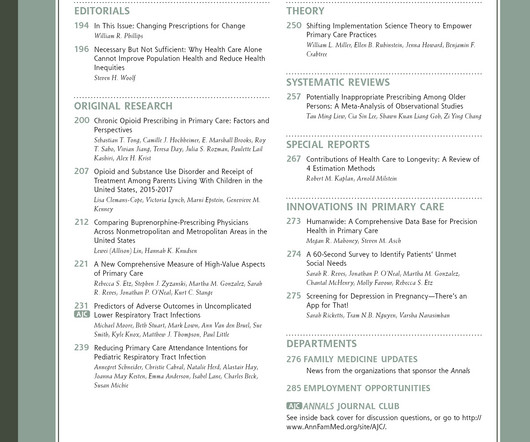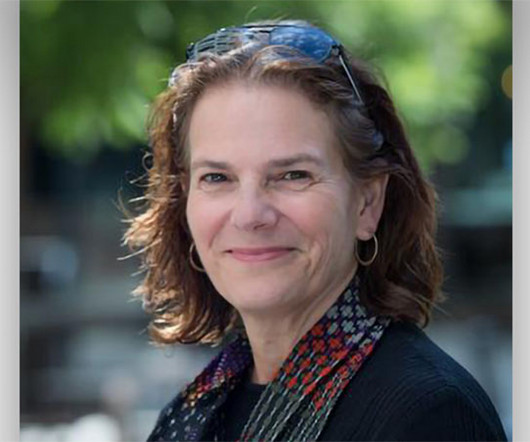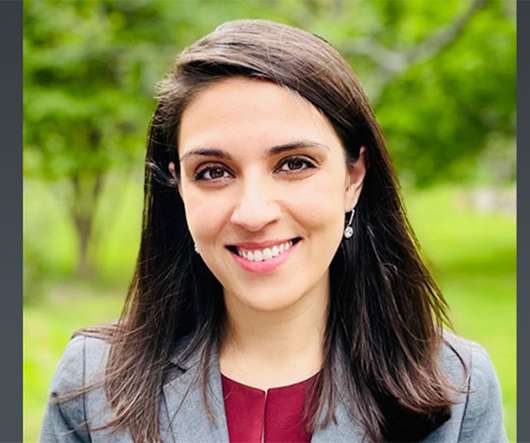Perception of adult patients with uncontrolled DM type 2 on disease burden, control and on continuous glucose monitoring [Diabetes and endocrine disease]
Annals of Family Medicine
NOVEMBER 20, 2024
METHOD/PARTICIPANTS: A 21-item survey questionnaire was mailed to 489 adult patients ages 18-75 with DM type 2 empaneled to 3 primary care clinics, who had hemoglobin A1c of =/>8% and who gave research authorization. However, 49% worried about the future and possibility of serious complications.




























Let's personalize your content